Calinger: Painting Gabby Douglas as just black hero misses the mark
By J.W. CALINGER
ISL Correspondent
Note: Calinger is a white man who attended inner-city schools throughout his life, allowing him to offer a unique perspective on this topic.
Although we don’t have much of the racial tension that Jesse Owens encountered in Berlin, that Cassius Clay encountered between winning a gold medal and becoming Muhammad Ali, and that Tommie Smith and John Carlos either incited or responded to in Mexico City (depending on whom you ask), the Olympics still can have a little division as an unwelcome guest. Sometimes, the signal that we still have a ways to go can come in the form of a seemingly innocent remark, and one that appears, to the casual viewer, to be somewhat enlightened and progressive in spirit.
After gymnast Gabby Douglas won a gold medal a few days back, NBC’s de facto Master of Ceremonies, Bob Costas, made a remark that probably was inspired by young Miss Douglas’ status as the first African-American woman to win an all-around gold in gymnastics. He noted that Miss Douglas is a good role model for African-American girls.
Most viewers probably would find this remark understandable or, at any rate, would ignore or dismiss it. One friend of mine had a very different take. He found the remark somewhat divisive. As a American athlete, my friend held, Miss Douglas is properly promoted as a role model for everyone or, at least, all Americans or all young women. My friend further held that Mr. Costas should have to apologize and to correct himself on the air.
I agree with my friend a great deal. It’s illogical to connect Miss Douglas’ race to her victory, and it’s immoral to make a non-issue into an issue. She competed and won as a human being and as an American. On one hand, she certainly can inspire some of her fans to persevere in the face of people who will disregard them on account of race, as I’d bet someone, somewhere, along the day tried to disregard her for that reason. On the other hand, the drive she and her fellow athletes showed even to make it to the Olympics, let alone win there, is enough to inspire anyone and everyone.
Again, I think he shouldn’t have brought up her race – but then, the remark wasn’t malicious. Mr. Costas simply pointed out, if in a slightly bumbling way, that there is another African-American in a sport mostly populated by Caucasians, and that African-Americans might, therefore, be interested in following the sport (a sentiment which Women’s Sports Foundation President Wendy Hillard echoed in the New York Daily News, by the way). He doesn’t deserve a great deal of scorn because he was being slightly loopy at worst – and because he accidentally was more spot-on than anyone cares to admit.
Despite being a country of professed individualists, we hold group identity a lot more dear than we care to admit. For the most part, we care about the Olympics because of group identity, only it isn’t based on race, but on patriotism. We go crazy about sports about which we care little or nothing for 47 out of 48 months, and we go crazy about them because Americans have the possibility of winning gold metals and bringing bragging rights to the United States. If Michael Phelps, for instance, were not an American, we would care as much about Olympic swimming as most Americans cared about who won the Tour de France in the years since Lance Armstrong retired (I don’t know, either.)
Other forms of group identity remain important to us. Race is only one form of group identity to which people cling – religion is another one (doesn’t Mitt Romney inspire Mormons?), as is being from the same city, having gone to the same high school or university, or even drinking the same brand of beer. All other things being equal, we’re more likely to care about, and to draw inspiration from, people with whom we can identify.
Because African-Americans have been so excluded over the years, it was important, in the minds of many, to see role models of that heritage wherever and whenever possible, including in sports and entertainment. The idea was that people would see someone like them succeed, on TV or on the radio, and they would have the idea planted, however subtly, that they could succeed.
The need for African-American role models is why Dr. Martin Luther King, Jr talked Nichelle Nichols out of quitting her role on Star Trek – he held that African-Americans needed to see someone like them on the bridge (I’m not making this up, by the way). It’s one reason Doug Williams, a fair-to-middling player, was so highly touted for being the first black quarterback to win a Super Bowl, and one reason Tony Dungy was held as a role model for being the first black head coach to hoist the Lombardi, with all the other reasons people could have depicted him as a fine human being.
Though holding group identity sacred is not a rational course of action, it certainly is ingrained. Consequently, it probably did help and inspire a great many people when African-Americans succeeded in various walks of life, including sports and entertainment. But there was a price. African-American role models became customarily and subtly recognized as role models only for African-Americans.
Some entertainers and athletes did manage to cross over and become universal role models but, when doing so, often were depicted as sellouts who betrayed their kind. Bill Cosby comes to mind, as does O.J. Simpson before he was arrested and, to some extent, Michael Jackson (it didn’t help that he altered himself physically to make his heritage less visually apparent).
This trend, in the case of Miss Douglas, may well continue. I’d bet money that somewhere in America, some little Caucasian girl will see a cereal box with Miss Douglas’ picture, say she wants to be just like Miss Douglas, and immediately earn a sneer from someone who sees the little girl as encroaching on the bounds of an entire community.
The proper ideal for those who care about civil rights is one in which group identity isn’t an issue. Race should be irrelevant, as should sexual orientation (a barrier which only is beginning to come down in sports) and national origin. Perhaps having people of different races succeed is a necessary precursor, in the minds of millions of people, to people shrugging and saying, You know what? Maybe we shouldn’t worry about our continental heritage.
Eventually, though, people have to take the next step, and I’m not so sure most people actually want to take it. We live in a world in which people honestly worry about whether anything from studying engineering to listening to country music would make them less true to their heritage than they should be. We see people wearing rock-star T-shirts depicting the President of the United States, and it’s probably not primarily because of his political philosophy.
In other words, our society remains divided, and people on both sides of the barrier are keeping it up in their own way. The only lasting way to take the barrier down, respect for the individual instead of the group, has to settle for lip service as an ideal for which we allegedly just aren’t ready yet. We need to worry about race, people say, until we’re ready not to worry about race. People say the wall needs to come down, but keep showing up with a load of bricks.
It would have been nice to hear Bob Costas say, Miss Douglas isn’t just a role model for African-Americans. She’s a role model for ALL Americans. But, in this case, taking a stand wasn’t his job. His job was to deliver a vanilla (pardon the expression) piece of commentary that introduced another demographic to one of his network’s top ratings grabbers. His delivery, flawed as it was, only deserves so much criticism because, at the end of the day, it reflected the prevailing way of thinking. Instead of focusing too much on Mr. Costas, perhaps we should focus on the way of thinking.

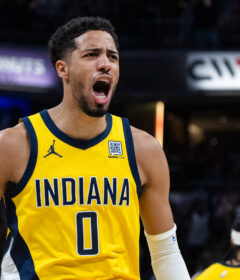
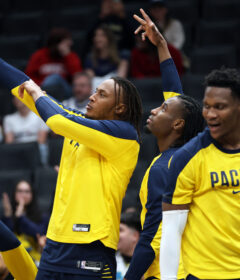
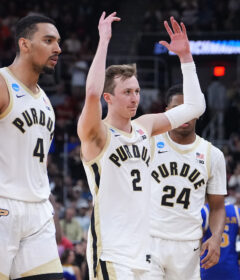
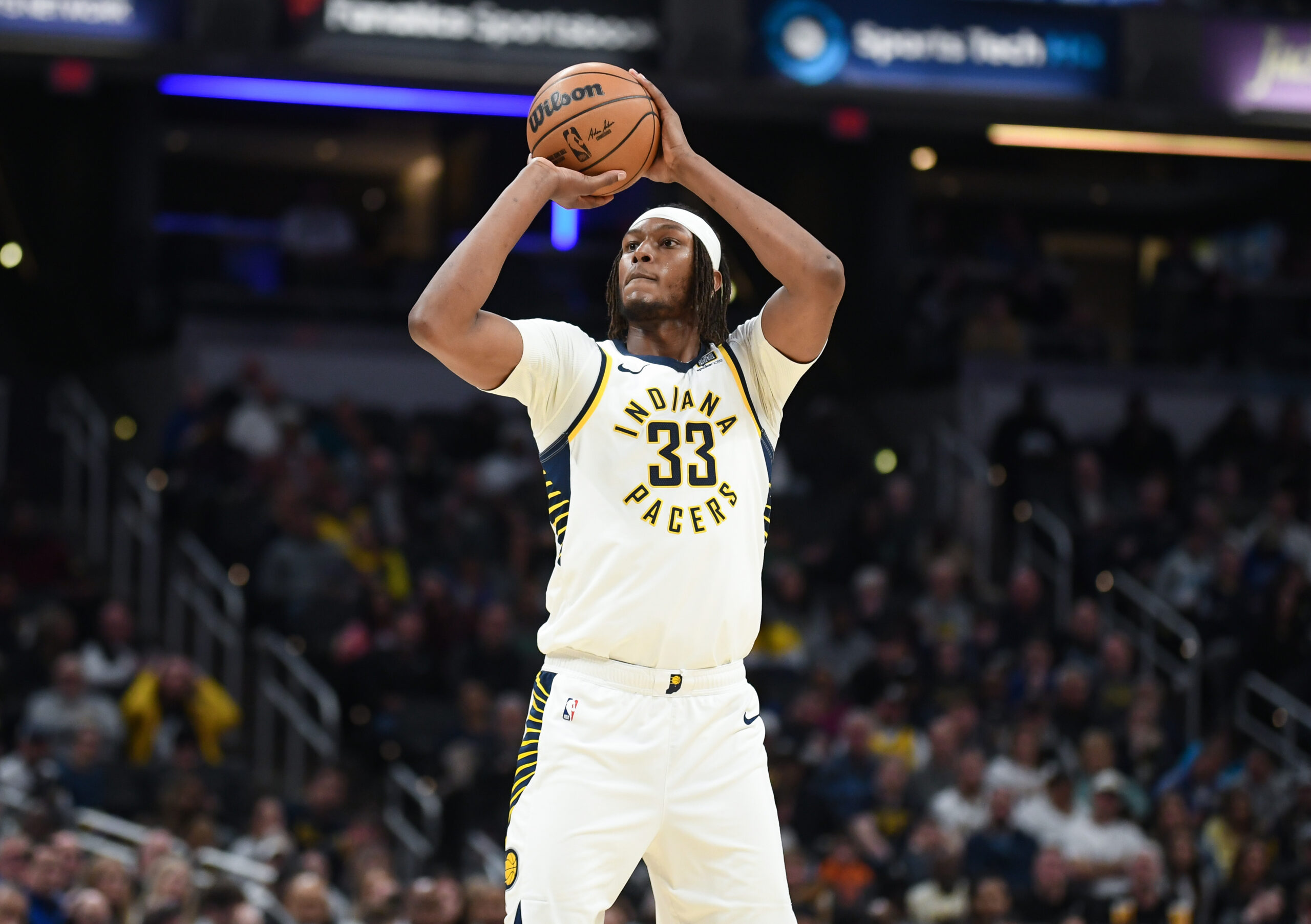

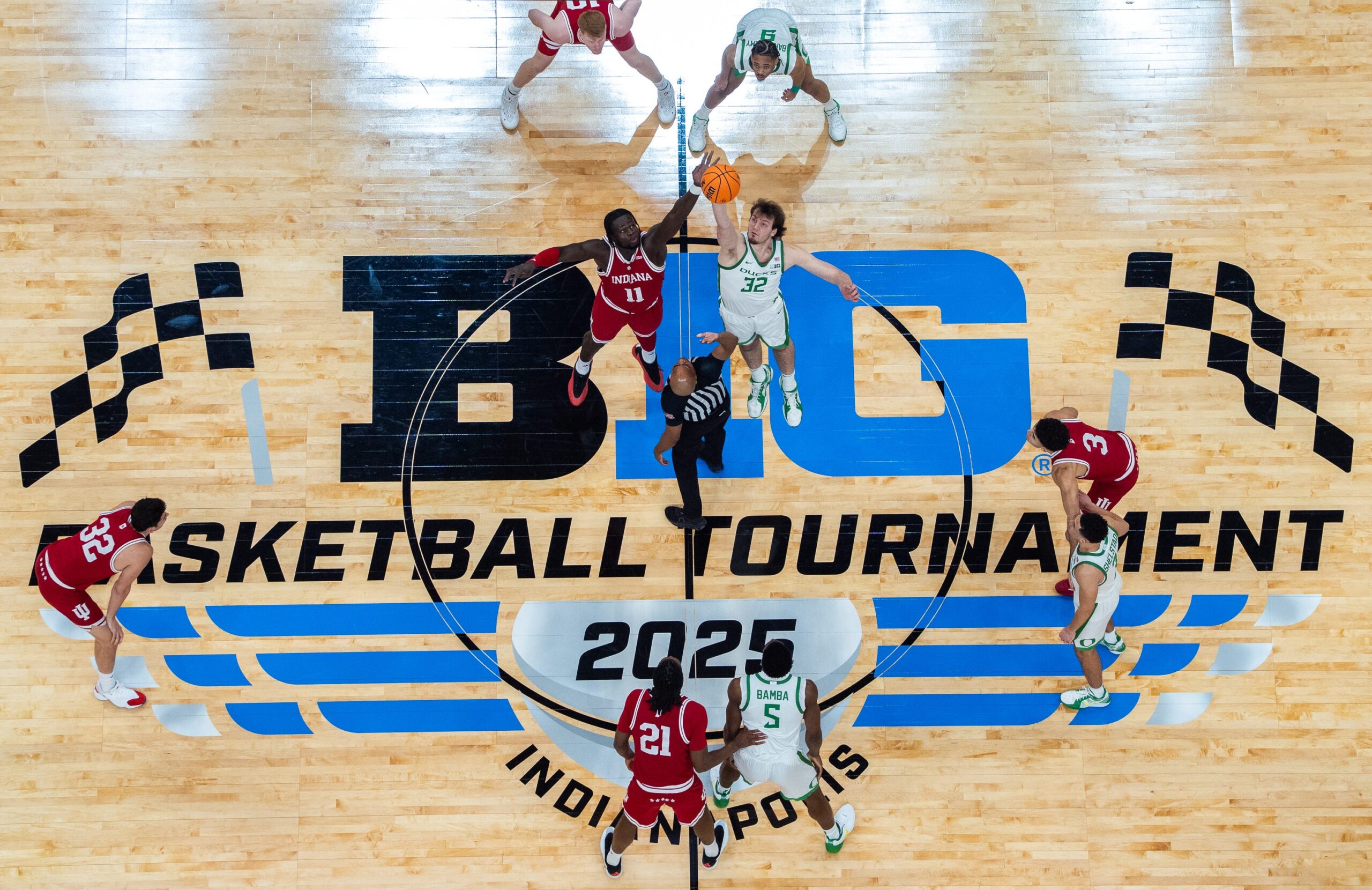
Costas is far from vanilla. On a note of far greater importance, you seem to be in my humble opinion drastically out of touch with the poor state of affairs that is race relations in this country today.